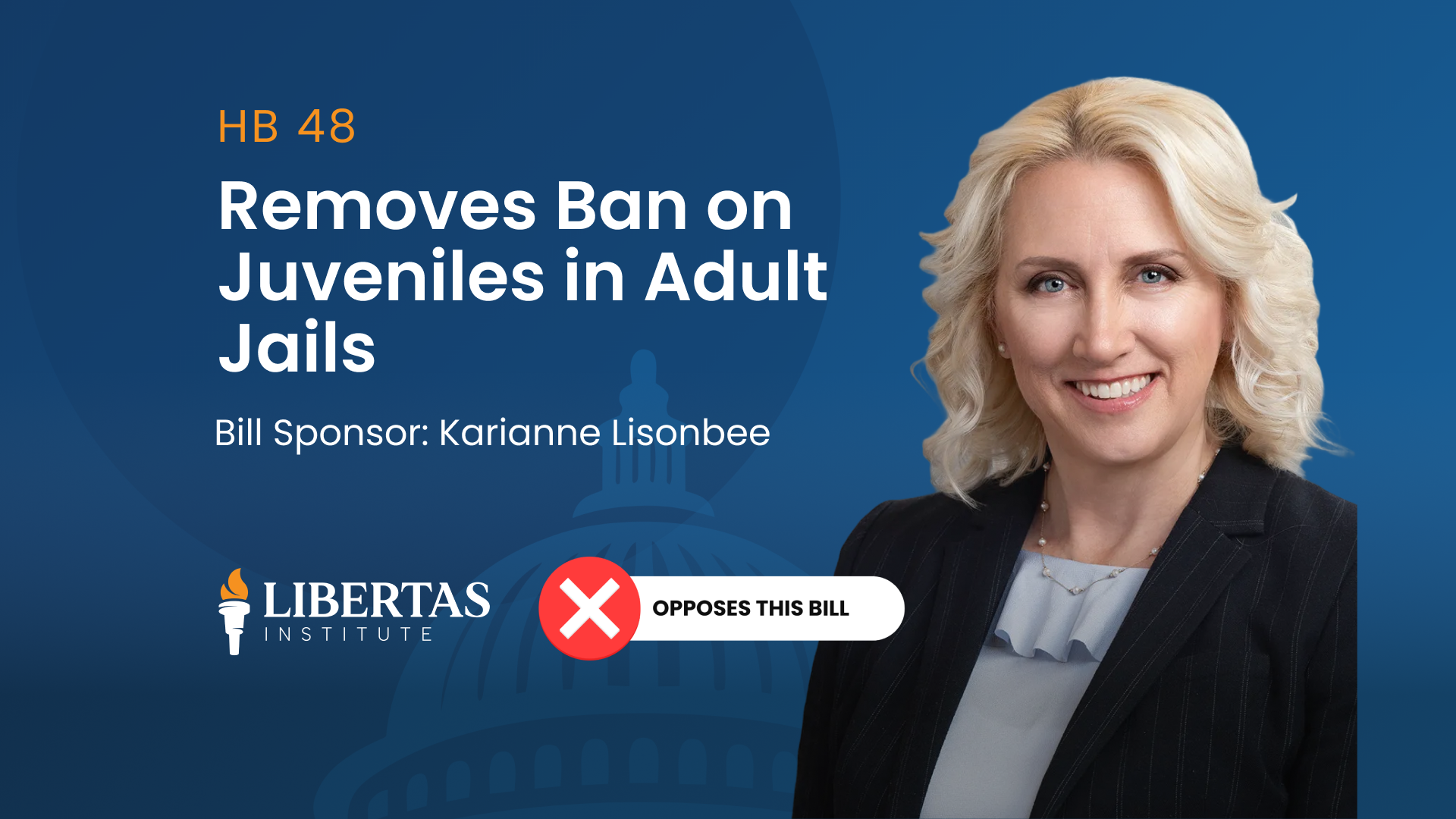To track the status of this bill, find it on our Legislation Tracker. Click here to contact the sponsor of the bill to share your thoughts, or click here to email your Senator and Representative about it.
Libertas Institute supports this bill
Utah’s police dogs have been under scrutiny for some time since local press released footage of a Salt Lake City K-9 officer violently biting a compliant suspect during an arrest in August 2019. Police dogs can be a valuable asset for police officers, but they, alongside their handlers, need to be trained and deployed correctly to avoid unnecessary harm. After all, a dog bite can result in serious injuries to a person, leaving them wounded at the taxpayer’s expense.
Senator Daniel Thatcher is sponsoring Senate Bill 38 to better train police dogs and their handlers. The bill would require both law enforcement canines and handlers to obtain a certification on an annual basis — rather than just one and done. Under this model, the Peace Officer Standards and Training (POST) would be responsible for establishing and maintaining standards for training, certifying, and recertifying canines and handlers all across the state.
If a police canine bites a person, under current law, the police department, municipality employer, or handler can’t be held liable for damages caused by the dog if the dog was trained to assist in law enforcement. This is a pretty low bar for accountability. SB 38 changes this liability criteria by requiring the dog and handler to be trained and certified in accordance with the new yearly certification requirements outlined above. Additionally, local governments must adopt a written policy on appropriate law enforcement dog use, and the handler must follow that policy if they don’t want to be held liable for an injury caused by the dog.
We support this bill because it is a workable step toward a more responsible deployment of police dogs, ensuring that both canines and their handlers are properly trained on a yearly basis. The goal of these measures is to prevent individuals from unnecessary canine injuries and keep police accountable for harm when it does unjustly occur.




